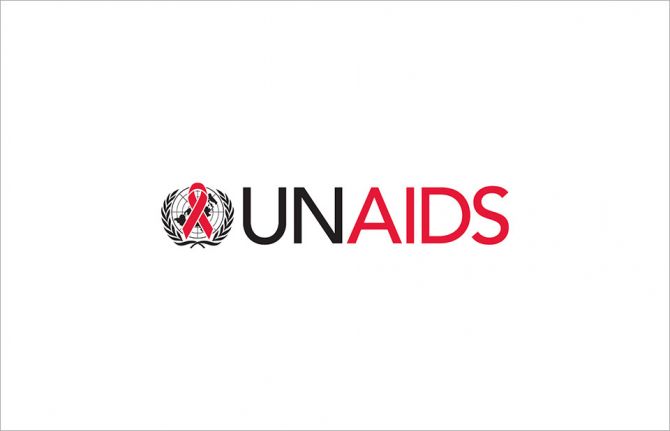

Press Statement
UNAIDS expresses deep concern over the passing of new anti-LGBT legislation in Iraq
30 April 2024 30 April 2024GENEVA, 30 April 2024—The Joint United Nations Programme on HIV/AIDS (UNAIDS) is deeply concerned about the impact of the harmful new legislation in Iraq amending the 1988 anti-sex work law to criminalize LGBTQ+ people. The legislation imposes a prison sentence of between 10 and 15 years for same-sex sexual relations. Transgender people face up to three years imprisonment for expressing their gender or receiving gender affirmation care. Individuals also face up to seven years for promoting homosexuality. And up to three years for providing gender affirmation care.
Criminalizing consensual same-sex relationships and gender expression not only violates fundamental human rights but also undermines efforts to end AIDS by driving marginalized populations underground and away from essential health services, including life-saving HIV prevention, treatment and care services.
Globally, the movement for human rights has made progress in the past 40 years. At the start of the AIDS pandemic in the early 1980s, most countries criminalized same-sex sexual activity between men, now two thirds do not. An increasing number of countries have also recognized the rights of trans and other gender diverse people. However, this new legislation in Iraq represents a significant setback and is part of a wave of punitive and restrictive laws being passed that undermine the rights of LGBTQ+ people.
The legislation passed in parliament is an amendment to an existing 1988 anti-sex work law which continues to criminalize both the selling and buying of sexual services. The amendments passed on Saturday 27 April 2024 increase the penalties in relation to sex work. These laws, which countries committed to removing under the 2021 United Nations General Assembly Political Declaration on HIV and AIDS, likewise undermine the human rights and public health of sex workers.
UNAIDS calls upon the authorities of Iraq to overturn this discriminatory legislation and fulfill its obligations under international human rights law to protect the rights of all people, regardless of sexual orientation or gender identity. UNAIDS stands in solidarity with LGBTQ+ people and communities and reaffirms its commitment to work with partners to promote equality, end stigma and discrimination, uphold human rights—including the right to health, and ensure access to comprehensive HIV services for everyone, everywhere.
UNAIDS
The Joint United Nations Programme on HIV/AIDS (UNAIDS) leads and inspires the world to achieve its shared vision of zero new HIV infections, zero discrimination and zero AIDS-related deaths. UNAIDS unites the efforts of 11 UN organizations—UNHCR, UNICEF, WFP, UNDP, UNFPA, UNODC, UN Women, ILO, UNESCO, WHO and the World Bank—and works closely with global and national partners towards ending the AIDS epidemic by 2030 as part of the Sustainable Development Goals. Learn more at unaids.org and connect with us on Facebook, Twitter, Instagram and YouTube.
